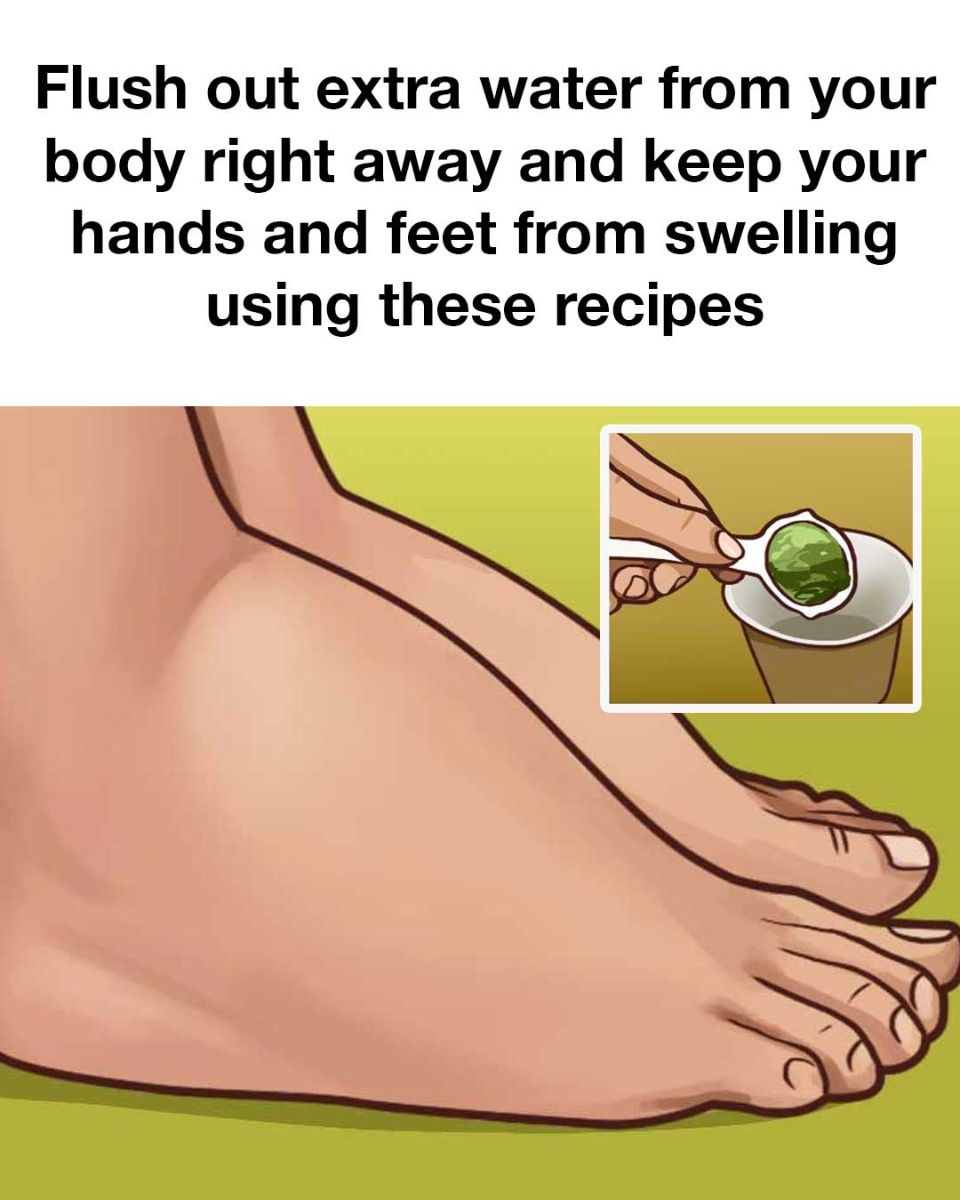Water retention, also known as edema, occurs when excess fluids build up inside the body. This condition can cause swelling in the hands, feet, ankles, and legs. While it’s often temporary, persistent water retention can be uncomfortable and may indicate an underlying health issue. It’s crucial to understand the causes, symptoms, and effective ways to manage and reduce water retention to maintain overall health.
Causes of Water Retention
There are various reasons why the body might retain extra water. Common causes include high sodium intake, hormonal changes, certain medications, lack of physical activity, and underlying medical conditions such as heart or kidney disease. Understanding the root cause can help in finding the right approach to alleviate symptoms and prevent recurrence.
Advertisement
Symptoms of Swelling in Hands and Feet
Symptoms of water retention in hands and feet typically include puffiness, stiffness, and a feeling of heaviness. The skin may also appear stretched or shiny. In severe cases, pressing on the swollen area for a few seconds can leave an indent. Recognizing these symptoms early can prompt timely actions to reduce swelling.
The Importance of Staying Hydrated
It might seem counterintuitive, but staying well-hydrated is essential to prevent water retention. When the body perceives dehydration, it holds onto more water as a protective mechanism. Drinking adequate amounts of water helps the kidneys to function properly, flushing out excess sodium and toxins, and thus reducing fluid retention.
Dietary Adjustments to Reduce Water Retention
Making certain dietary adjustments can significantly impact water retention. Reducing sodium intake, increasing the consumption of potassium-rich foods, and avoiding processed and junk foods can help; these contain preservatives and additives that contribute to fluid build-up. Incorporating a balanced diet rich in fruits, vegetables, lean proteins, and healthy fats is key.
Foods that Help Flush Out Excess Water
Certain foods have diuretic properties, meaning they promote the production of urine and help flush out excess water. These include cucumbers, watermelon, celery, and citrus fruits. Additionally, foods high in potassium like bananas, avocados, and sweet potatoes aid in balancing the body’s fluid levels.
Herbal Teas for Reducing Swelling
Herbal teas, such as dandelion tea, green tea, and parsley tea, can be effective natural remedies for reducing swelling. These teas have diuretic properties that help eliminate excess fluids. Drinking a cup or two daily can aid in de-bloating and reducing puffiness in hands and feet.
Continue Reading in next page

